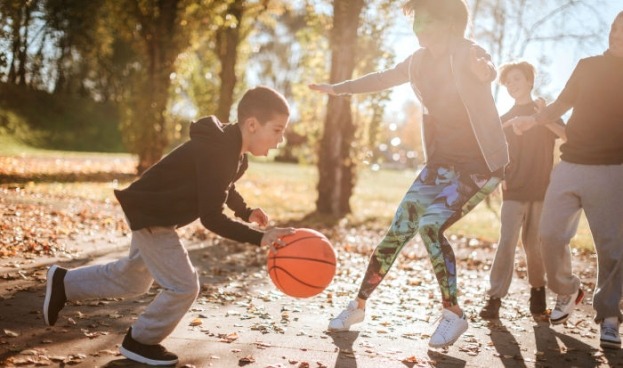I have the great privilege of working with a group of kids at the church where I serve. The group is diverse: Every week we have kids of different ages, races, genders, and economic class backgrounds. We have kids who attend regularly, kids who are coming for the first time, and kids who normally attend other churches or faith communities but are visiting the area. In many ways, it is a microcosm of the wider society.
I have appreciated the challenge to think about how we can better practice democracy with these kids. It can be a challenge because they seem used to either having total freedom about what activity they do or no choice at all. So it can be tricky to encourage them to share their ideas and opinions, to actually collaborate with the others, and still to do something that connects to the theme of the day.
But it is possible! I have found it is helpful to use themes and principles like respect for others and building a supportive community to bring cohesion, but also to allow for a great deal of input about the particular activities we use to get there. For example, a few of our kids love playing basketball, and are quite good at it. Rather than resisting this interest, I started asking the kids how they could explore the theme or story for the day through basketball. And I have been amazed at what they have come up with!
These kids have found ways to connect to themes like protection and defense (talking about the role of defensive players and blocking), equality and justice (discussing how to make the teams more equal and what it feels like when they are not equal), and thinking critically about the goal of the game (i.e. giving points not for baskets made but for other things, like passing the ball to others as many times as possible).
It is not always easy, and it involves a lot of discussion and a lot of compromise. Not everyone likes playing basketball, so we have to figure out creative ways to include those kids and to do the activities they prefer sometimes. We also talk about ways basketball itself can be modified so that those who are younger or have less experience can enjoy it more.
I believe that this small practice helps to build the skills and spirituality of democracy. It teaches kids that their voice matters, but that others’ voices matter too. It allows them to make connections between their lives and their interests and the stories of our faith. It reveals the ways that many of the issues of the Bible, such as inclusion, justice, and well-being, are very much relevant to community life today. And it is always dynamic -- no two weeks are the same, because no two groups of kids are the same. I believe this shows how democracy is responsive: It should always be shaped by who is there and the needs and issues that they bring in that moment.

 Basketball Democracy
Basketball Democracy